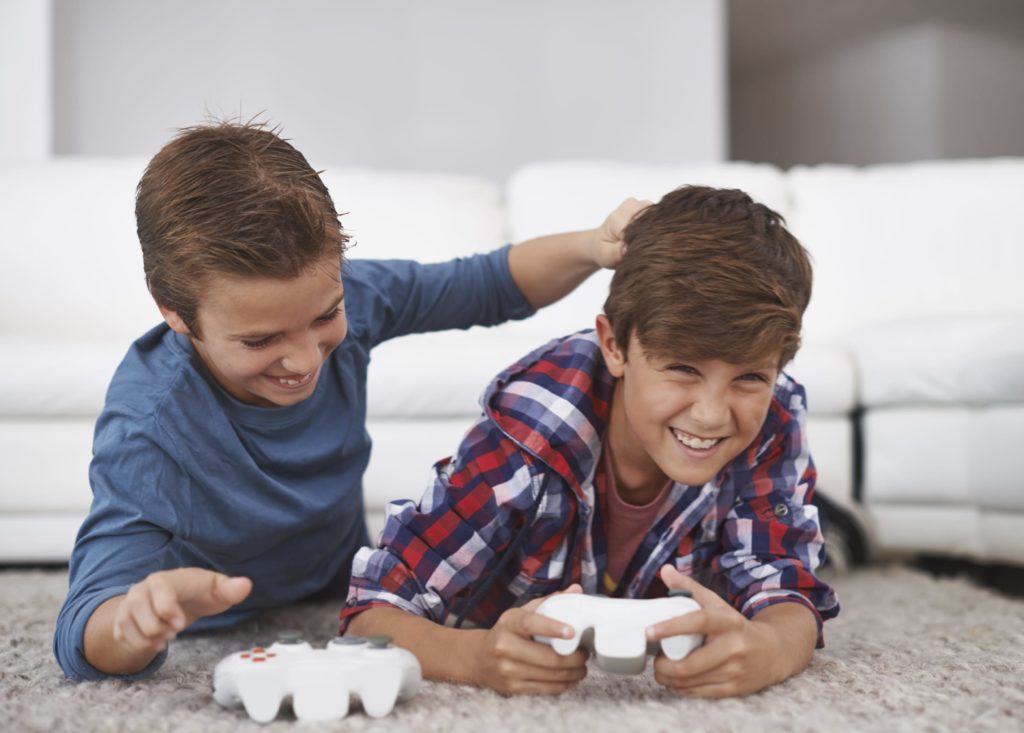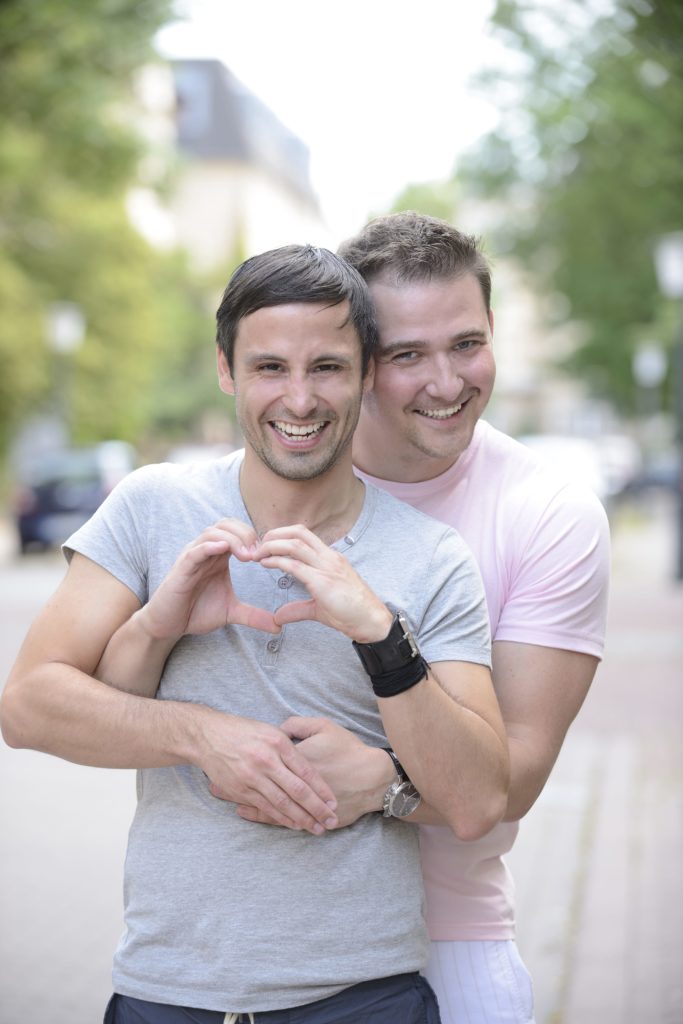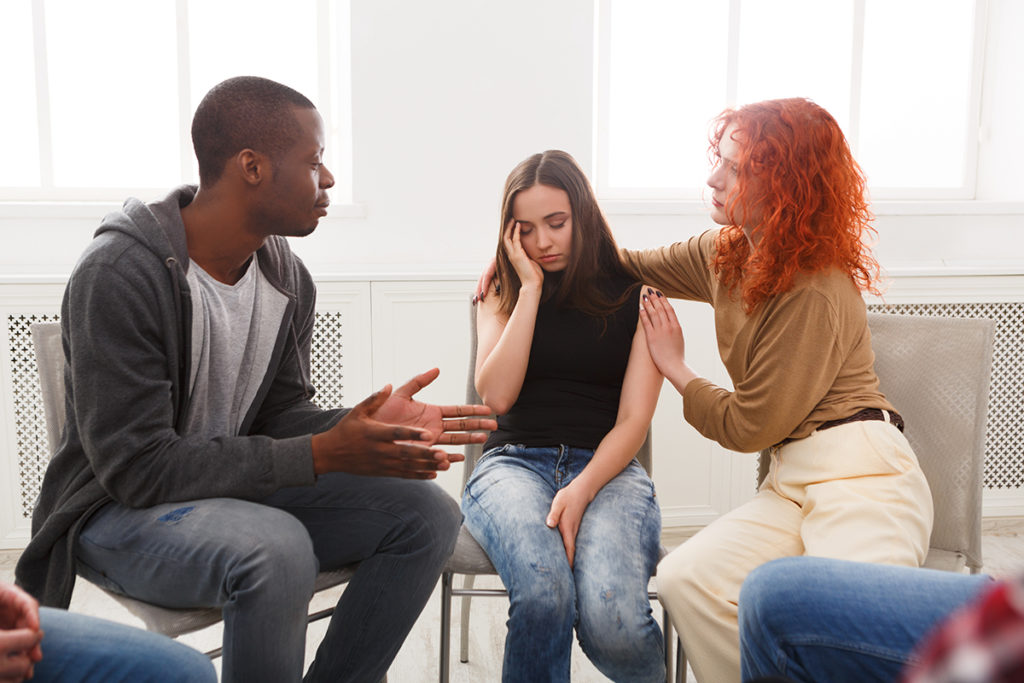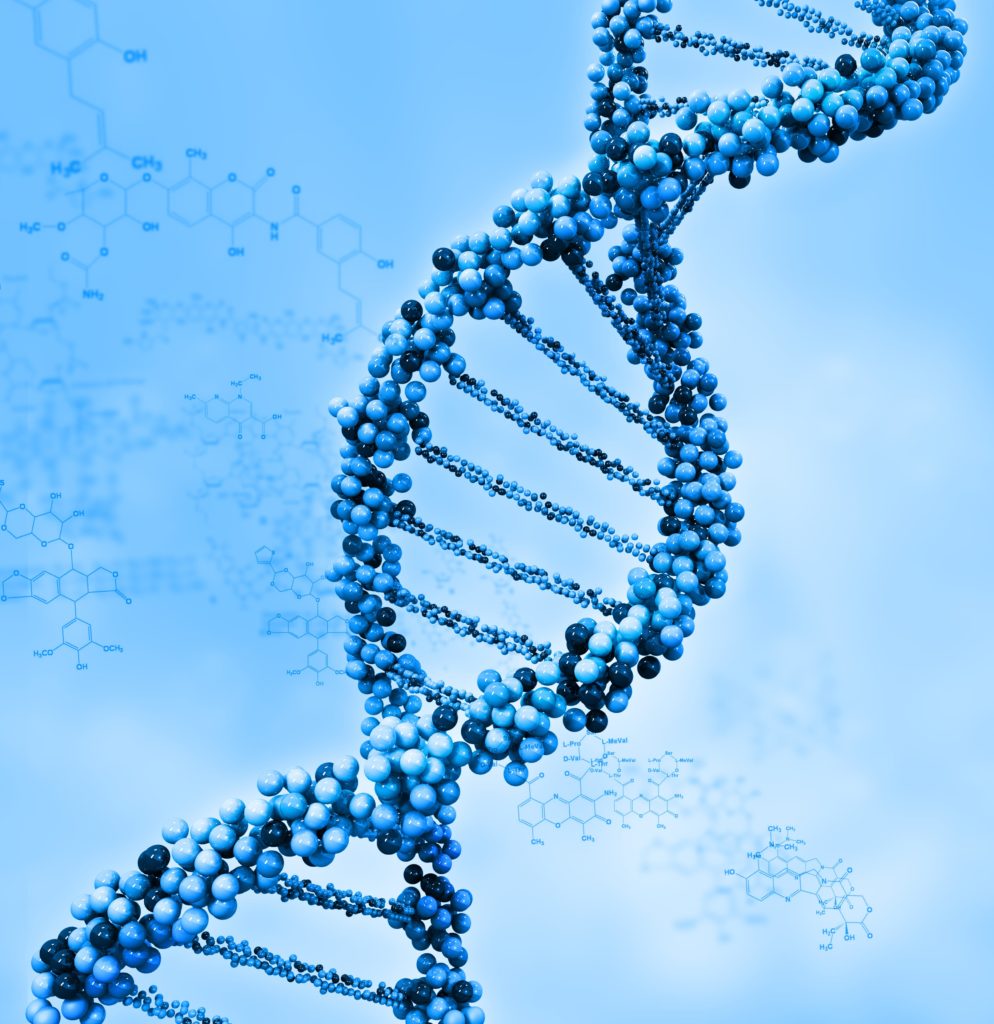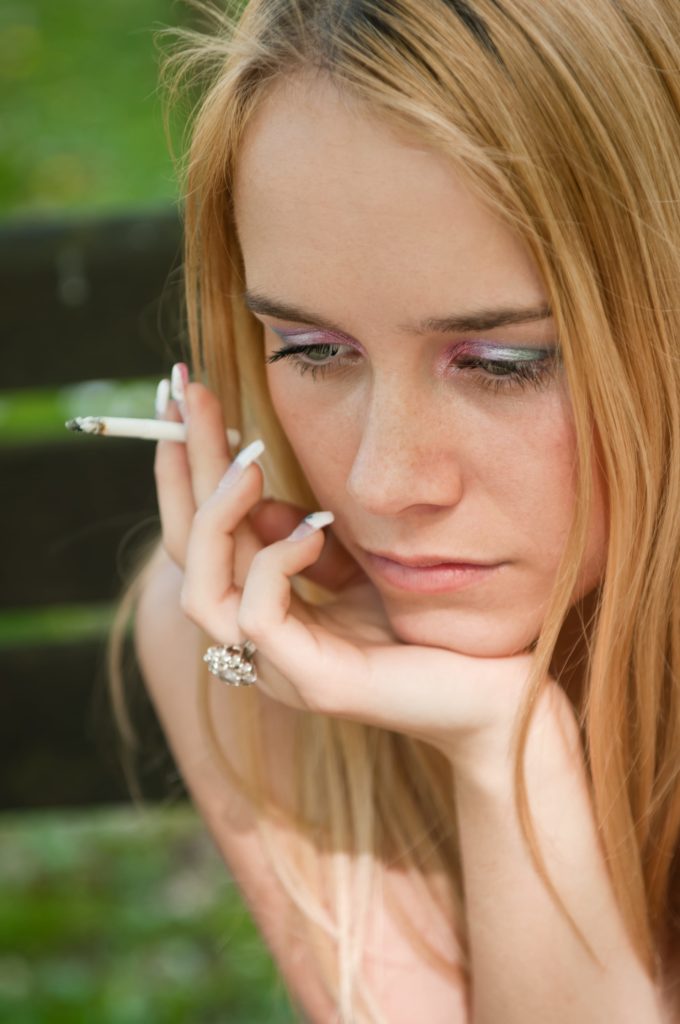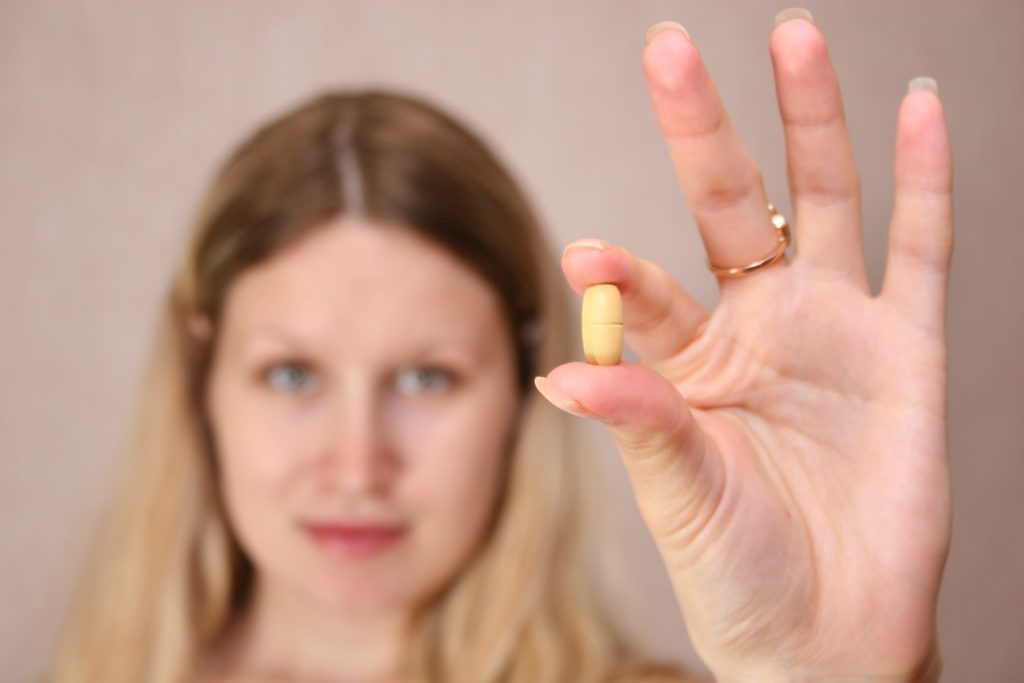Bipolar disorder is a mental illness with extreme mood swings, from upbeat and active to depressed and lethargic. When bipolar disorder impacts girls, it can wreak some gender-specific problems. On the one end of the pendulum, a young woman with bipolar disorder can seem happy and highly energetic during a manic phase. On the other end, they can swing back to feelings of sadness, anger, and negative self-perception during the depressive phase.
Bipolar disorder impacts girls with substance abuse issues even more significantly than those who don’t use drugs or alcohol. The Right Step treatment center teams know how important it is to provide accessible, compassionate support for teen girls’ mental health. Our young adult mental health treatment programs help to break the chains of addiction and teach the skills needed to manage mental health symptoms. Call 17135283709 to learn more and get started today.
The Effects of Bipolar Disorder on Girls
Bipolar disorder, also previously known as manic depression, is a mental illness characterized by extreme mood changes. People with bipolar disorder often experience periods of mania, where they feel an elevated mood and energy levels, followed by periods of depression, where they feel extremely sad and low. Although bipolar disorder can affect people of any gender, age, or background, it often affects men and women differently.
When bipolar disorder affects girls, it can cause some unique problems. For example, during a manic phase, a young woman with bipolar disorder may become sexually promiscuous or engage in risky behavior. Additionally, the depressive phase of bipolar disorder can be highly damaging to a young woman’s self-esteem, leading to negative thoughts and behaviors.
Some symptoms of bipolar include:
- Feeling extremely happy for long periods
- Talking very fast and having racing thoughts
- Having a decreased need for sleep
- Behaving impulsively and engaging in risky behavior
- Feeling irritable or angry
- Experiencing periods of extreme depression
The Link Between Teen Bipolar Disorder and Substance Abuse
Bipolar disorder often occurs alongside substance abuse issues, and this is especially true for teen girls. Nearly 70% of people with bipolar disorder also have a substance abuse problem. This occurrence is likely because people with bipolar disorder often use drugs or alcohol to self-medicate their symptoms. Additionally, substance abuse can trigger manic or depressive episodes in people with bipolar disorder.
The link between bipolar disorder and substance abuse can create a dangerous cycle. For example, a teenage girl with bipolar disorder may begin drinking alcohol to cope with her depression. However, alcohol is a depressant, so it will worsen her symptoms. In response, she may drink more alcohol, leading to an addiction. As her habit worsens, her bipolar symptoms will become more severe, and she may begin using other drugs to cope.
Substance abuse can also lead to dangerous behaviors in people with bipolar disorder. For example, intoxicated teenage girls may engage in risky sexual behavior or drive while under the influence. These behaviors can lead to severe accidents, injuries, or even death.
The Risk of Overdose in a Teen with Bipolar Disorder
Because bipolar disorder often occurs alongside substance abuse, people with bipolar disorder are at a higher risk of overdose. In fact, people with bipolar disorder are four times more likely to die from an accidental overdose than people without the condition.
There are several reasons why people with bipolar disorder are more likely to overdose, including:
- Using drugs or alcohol to self-medicate
- Engaging in risky behavior when intoxicated
- Having a decreased perception of risk
Treatment for Young Adults with Bipolar Disorder and Substance Abuse
If you suspect a young woman in your life is struggling with bipolar disorder and substance abuse, it’s vital to seek professional help. We offer a variety of mental health treatment programs specifically designed for young adults. Our programs provide the support and resources needed to manage bipolar disorder and break the cycle of addiction.
Our programs include:
- Individual therapy – Our individual therapy sessions help young women understand and manage their bipolar disorder. During therapy, our clients learn how to identify triggers, cope with symptoms, and develop healthy coping mechanisms.
- Group therapy – Group sessions provide a supportive environment where our clients can share their experiences and connect with others who understand what they’re going through. These sessions help our clients to feel less alone and better equipped to manage their bipolar disorder.
- Family therapy – Family therapy sessions involve the people who are closest to our clients in their treatment. These sessions help to educate family members about bipolar disorder and its effects. Additionally, family therapy sessions provide a forum for open communication and support.
At The Right Step, we understand how difficult it can be to deal with bipolar disorder and addiction. Our goal is to provide the resources and support needed to help our clients overcome these challenges and live healthy, happy lives. With locations near Houston, Austin, and Brazos Valley, our teams provide accessible, compassionate places in which to recover.
Call 17135283709 today to get started.

